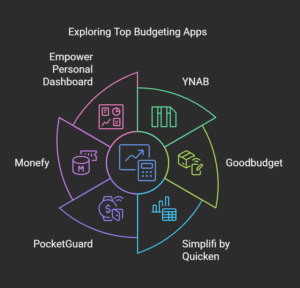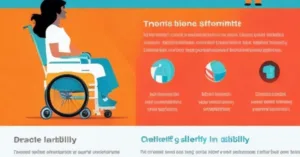The student loan pause has been a lifeline for millions of borrowers over the past three years. But it’s coming to an end on August 31, 2023.
What’s in Store for You?
If you have federal student loans, you’ll need to start making payments again. This could be a big financial burden, especially if you’ve been using the pause to save money or pay down other debts. So, let’s dive into what you need to know about the student loan pause and what steps you can take when it concludes.

Understanding the Student Loan Pause
A Breather During Tough Times
The student loan pause is a temporary suspension of payments on federal student loans. It was first put in place in March 2020 as part of the CARES Act, a law that was passed to help Americans cope with the economic impact of the COVID-19 pandemic. The pause has been extended several times since then, most recently in December 2022. As of now, it is set to end on August 31, 2023.
Navigating the End of the Pause
When the student loan pause ends, you’ll need to start making payments again. This includes both the principal balance and the interest that has accrued during the pause. If you can’t afford to make your full monthly payment, you may be able to defer or forbear your loans. However, deferment and forbearance will only delay your payments, not eliminate them.
Preparing for the Transition
Be Proactive, Not Reactive
If you’re worried about making your student loan payments when the pause ends, there are a few things you can do to prepare:
Start Saving Money Now
Even if you can only save a small amount each month, it will help when you have to start making payments again.
Consider Consolidating Your Loans
This can help you get a lower interest rate and make your payments more manageable.
Refinance Your Loans
If you have good credit, you may be able to refinance your loans at a lower interest rate.
Apply for Income-Driven Repayment
If you can’t afford to make your full monthly payments, you may qualify for income-driven repayment. This will cap your monthly payments at a percentage of your income.
The Uncertain Future
To Extend or Not to Extend?
It’s unclear whether the student loan pause will be extended again after August 31, 2023. President Biden has said that he is considering extending the pause, but he has not made a decision yet. If the pause is not extended, it will have a significant impact on millions of borrowers. It’s important to start planning now so that you’re prepared for the end of the pause.
Conclusion: Be Prepared
The student loan pause has been a lifesaver for many borrowers, but it’s coming to an end. If you have federal student loans, you need to start planning now for when the pause ends. By saving money, consolidating your loans, refinancing your loans, or applying for income-driven repayment, you can make the transition to repayment a little bit easier.
FAQs About the Student Loan Pause
1. How long has the student loan pause been in effect?
The student loan pause has been in effect for three years, starting from March 2020.
2. Will I have to pay back the interest accrued during the pause?
Yes, when the pause ends, you’ll need to pay back both the principal balance and the accrued interest.
3. Can I defer my loan payments if I can’t afford them?
Yes, you can defer or forbear your loans, but this will only delay your payments, not eliminate them.
4. What can I do if I can’t afford my full monthly payment?
You may qualify for income-driven repayment, which caps your payments at a percentage of your income.
5. What steps should I take before the student loan pause ends?
Start saving money, consider loan consolidation, explore loan refinancing options, and look into income-driven repayment to prepare for the end of the pause.










